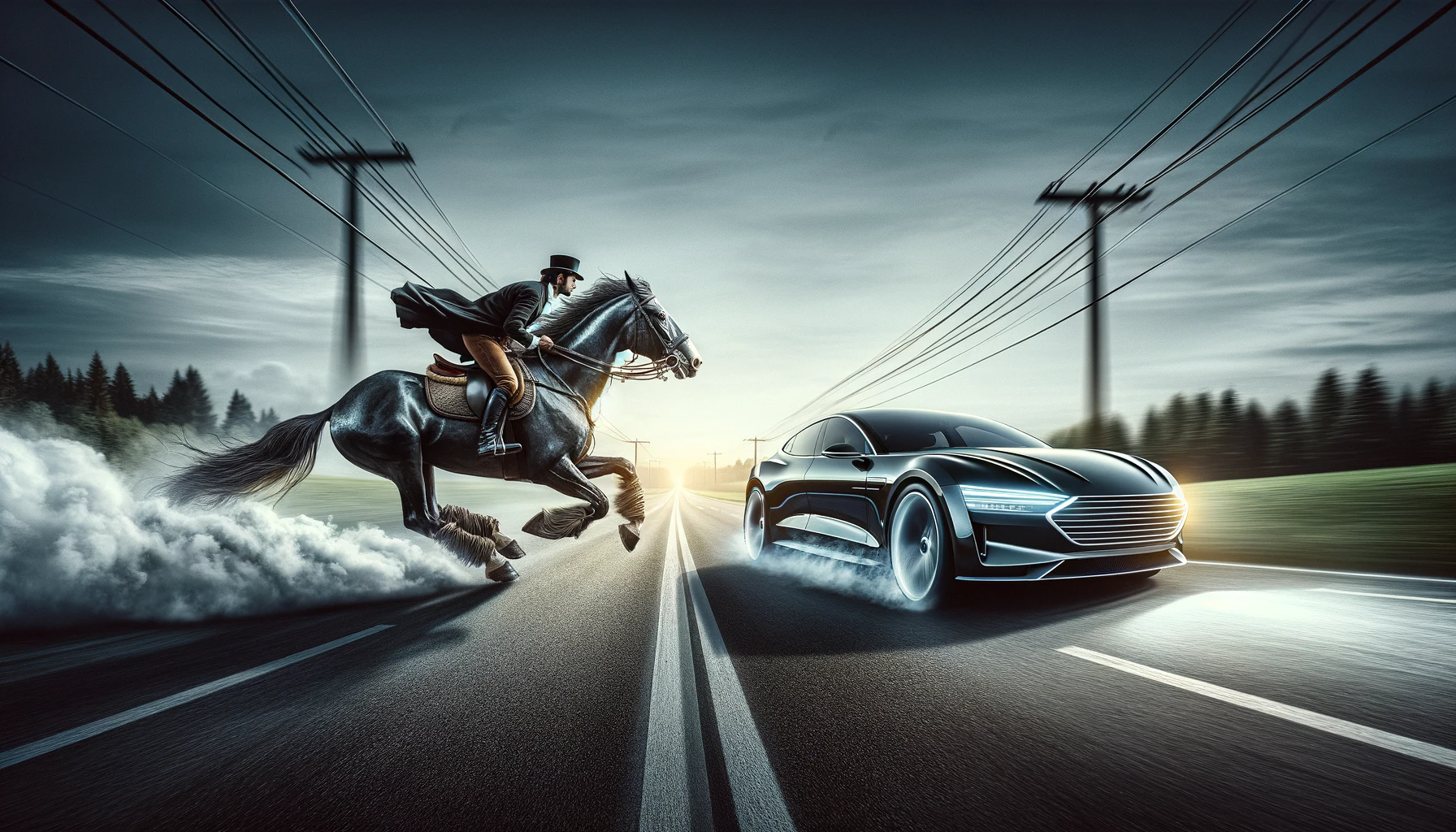B2B purchasers are just people like everyone else. So why do we treat them differently?
Yesterday, Bo Sacks posted an article by Chris Adams that calls for a makeover for B2B marketing. He makes some good points, but I think he overlooks some important things as well.
He starts by pointing out that B2B purchasers are people.
Regardless of whether they’re investing in a software-as-a-service platform or buying a new pair of Crocs, customers are individuals with dreams, desires, and personal goals.
B2B customers — like B2C customers — shop on Amazon, search on Google, and are motivated by emotional storytelling. They’re just people.
Chris also calls for an emphasis on benefits, which is good advice. Although I’m also reminded of Mark Stiving’s argument that a benefits approach is better for people who are new to the market, while a features approach is better for veterans.
For example, if you want to get grandma to buy a smartphone, you tell her how she can video chat with her grandkids and keep up with what’s going on in their life. Benefits. But after grandma has had a smartphone for a while, she wants more storage and a faster processor. Features.
Chris is right to remind us that B2B customers are human beings with all the feelings and foibles we all have. But we also have to remember that they’re human beings who are acting out a different functional role, and that influences their decision-making.
Here are some important differences between B2C and B2B purchasers.
1. The B2B purchaser is often not spending his own money. That can have a substantial impact on the emotional side of the purchase.
2. The B2B purchaser might have to get approval for the expense, or at least to justify it. “It makes me feel happy” is enough when I’m buying a coffee. It won’t cut it when I’m buying a Customer Data Platform with my company’s money.
3. B2C sales often rely on mass media, while B2B sales often rely on personal contact.
4. B2B sales often have a long sales cycle, which makes a personal relationship with the salesman more important.
5. A B2B purchase might have a bidding process, or an annual review.
6. A B2C purchase might be just for fun, or enjoyment, while a B2B purchase has to be related to a business function.
7. A B2C purchaser is probably more likely to purchase something because of brand loyalty.
8. Generally speaking, B2C purchases are at a much lower price. Customers do make big purchases — like cars, houses, and air conditioning units — and in those cases, yes, there is more similarity between the B2B and the B2C sales process.
Chris is right to remind us that B2B purchasers are just people who have the same cognitive biases, wants and desires, and penchant for benefits-oriented storytelling as everyone else. Yes. But marketing and sales to B2C and B2B audiences remain very different disciplines in some very important respects.
Links
There’s no such thing as a B2B customer: Why B2B marketing needs a makeover




